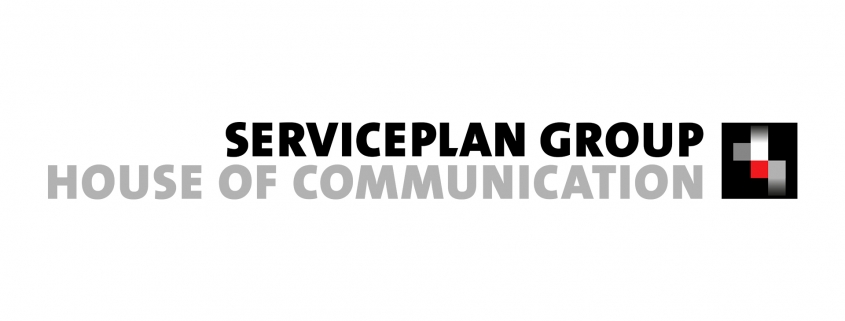- Why the “Internet of Things” should be part of the marketing plan - 20. February 2018
- Jobs for first and fast movers or: Why it’s worth working in a digital agency - 8. February 2018
- Smartphone on wheels - 15. September 2017
- 2016/2017: From the winds of change to the storm of transformation - 19. December 2016
- Facebook Messenger chatbots: a communication channel for brands? - 14. November 2016
- The Opportunities of Digitisation - 10. October 2016
- Successfully understand and use virtual reality - 25. May 2016
“It is time to expose the heinous nature of the phone, and condemn its many inventors.” No, this critique is not aimed at the smart phone. This is not about digital detox or the NSA. The citation comes from an 1877 edition of the New York Times. The author was already worried about the privacy of citizens. But criticising technology has not stopped its development: more than three-quarters of Germans now have a smart phone. For those under 30, it has superseded the television as the most “indispensable” device. Digitisation has reached our pockets and handbags, and even our bodies.
This fact has far reaching implications, and has created many opportunities, but also risks. As with every important technological development, there will be attempts to misuse these new capabilities. However, the opportunities created by digitisation far exceed the risks. We will learn, as a society and as individuals, to deal with it and we will mature in the process of digitization.
Opportunities for the Individual and Society
Today we take completely for granted that we can use our smart phones to buy our bus ticket, read the news or weather forecast, listen to music, time our jog, and chat with friends. For individuals, this digital transformation means more comfort, quicker access to information and new forms of communication. According to Statista, around 14 percent of Germans meet their partners through online dating sites. We pay for this comfort with our data. How we deal with this new currency in the future will be a social and individual learning process. Data protection is an important topic in politics, business and for each individual.
Before the discovery of printing, knowledge was hoarded in monasteries, where information was copied by hand. Reading was a privilege for those who could afford books. Today, everyone with an Internet connection has global access to information and educational resources. The democratisation of knowledge includes not only the consumption of information, but also freedom of expression: via commentary, blogs and social media, we can take part in public and political life. But we must also be able to cope with the fact that these capabilities will be used to every degree of stupidity. More importantly, in a networked world, social mistakes get visible more quickly than ever before. The Wikileaks revelations, for instance, could never have happened without digitisation.
Opportunities for Business and Marketing
In many markets, digitisation has allowed companies to provide service without spatial or temporal restrictions. This will give a boost to all industries. And digitisation will help processes to become even more efficient. A recent Bitkom study estimates that the potential for increase in productivity (keyword industry 4.0) in Germany could result in a gain of up to 78 billion Euros by 2025.
For marketing and brands, the digital transformation means they can, and must, be more relevant and employ more targeted communications. The right message at the right time in the right place requires data – not necessarily personal information, but also anonymous information are sufficient. People, users and consumers expect brands to offer more service in the future, as well as clear added value and to take meaningful action.
Criticism of technology is always an important part of societal debate. However, the past has proven that it is much more useful to make market developments than to reject them categorically. This is especially true for the digital transformation.
This article was also published in Horizont, edition 40/2016.
This page is available in DE



